While it might sound like something straight out of a spooky movie, there’s a lot of anecdotal evidence suggesting that some animals can indeed detect when someone’s nearing the end. Whether it’s a change in behavior or an inexplicable attraction to those who are dying, these creatures have intrigued scientists and pet lovers with their sixth sense about life’s final moments.
1. Cats: Not Just Purring Machines
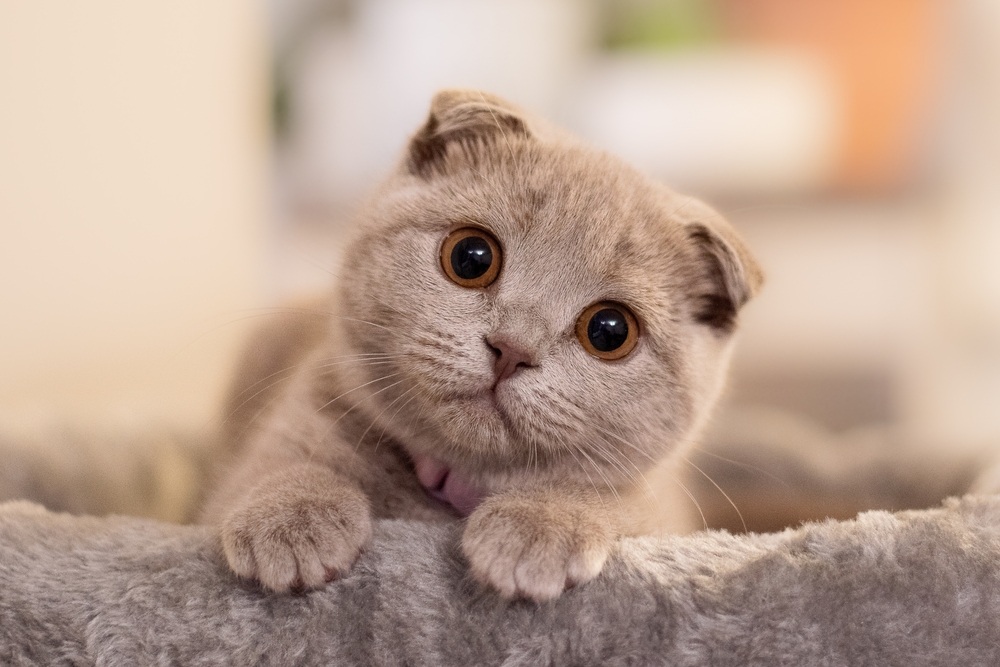
Cats have long been associated with the mystical and the mysterious, and for good reason. There’s been more than one account of cats curling up next to people who are near death, seemingly offering comfort during their final moments. Some believe that cats can sense changes in the human body or even smell the chemicals released as someone passes away. According to Vet Explains Pets, cats may exhibit unusual behaviors, such as increased affection or attentiveness, when they sense someone is nearing death.
But what do they actually do about it? Well, aside from offering their calming presence, cats might also become more affectionate or attentive. They tend to stick closer, purring gently, as if to say, “I’m here with you.” This behavior often brings comfort not only to the one nearing death but also to their family members. The uncanny ability of cats to seemingly predict death has made them both cherished and, occasionally, unsettling companions in nursing homes and hospices.
2. Dogs: Man’s Best Friend In Life And Death

Beloved for their loyalty and companionship, dogs might also have a knack for sensing death. These furry friends have an incredible sense of smell, and it’s thought that they can detect changes in body chemistry as someone nears the end. Dogs have been known to exhibit unusual behavior, such as refusing to leave a person’s side, becoming more protective, or even howling mournfully. Similarly, Vet Explains Pets notes that dogs often become more attentive and protective towards individuals who are nearing the end of their lives.
What do dogs do when they sense someone’s nearing death? Like cats, dogs often stay close, lying next to the individual or resting their head gently on them. Their presence offers solace and a sense of security, reminding us of the enduring bond between humans and their canine companions. Family members often find it comforting to see their loved ones accompanied by their loyal dog, knowing that they’re not alone in their final journey. It’s a testament to the deep emotional connection that dogs share with their humans.
3. Birds: The Unexpected Mourning Companions
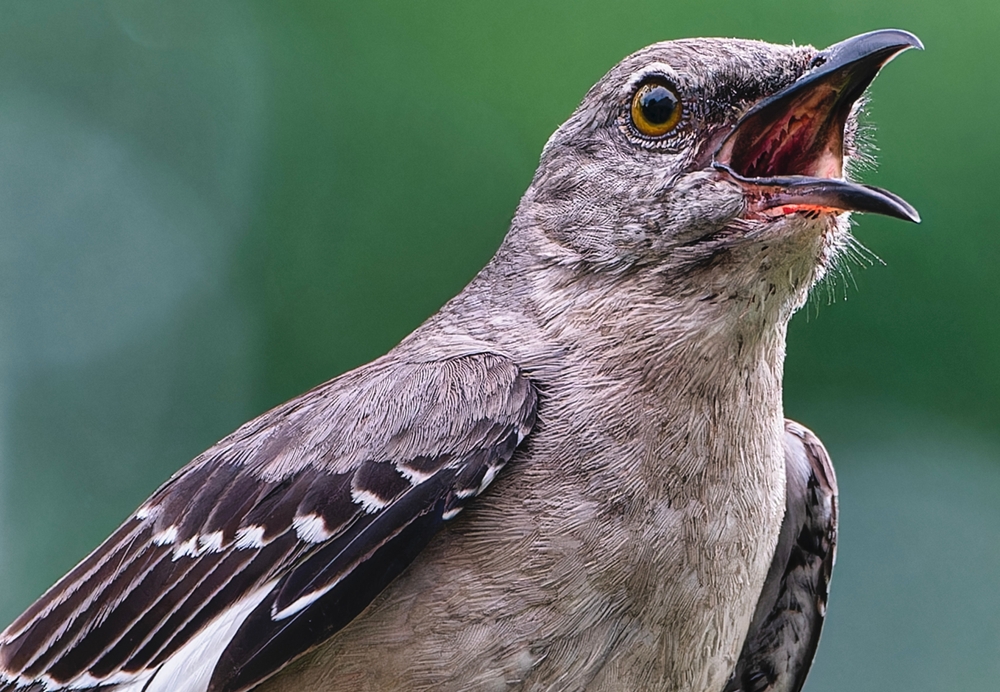
Birds might not be the first animals you think of when it comes to sensing death, but they’ve been observed displaying intriguing behaviors around it. Some people report that pet birds become unusually quiet or restless when someone in the household is dying. In the wild, birds have been seen gathering or behaving differently near the sick or dying members of their flock. It’s as if they have an understanding or a forewarning that something significant is about to happen.
And how do birds respond when they sense death? While their reactions might not be as overtly comforting as those of cats or dogs, they often stay nearby, keeping a watchful eye on the situation. Their presence, though subtle, can be a source of comfort for those who notice it. Whether it’s the soothing coo of a dove or the gentle chirping of a parakeet, birds can offer a quiet reassurance during difficult times. Their presence is a reminder of the interconnectedness of life and the gentle continuity of the natural world.
4. Horses: Gentle Giants With A Sixth Sense
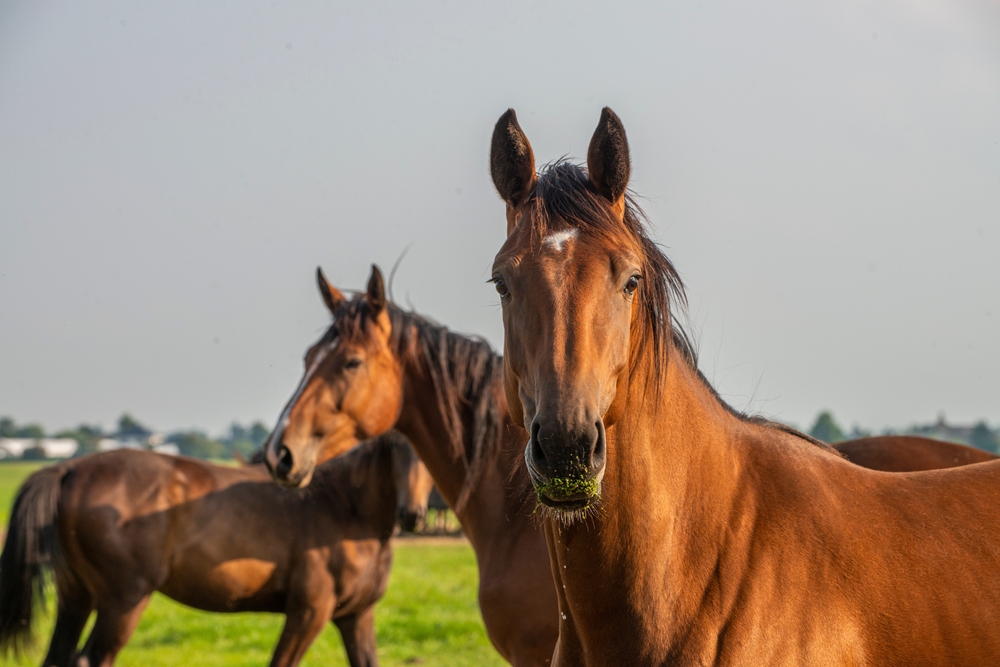
Horses, known for their sensitivity and intelligence, have been rumored to sense death in a way that surprises many. These magnificent animals have been seen behaving differently around sick or dying individuals, often becoming more subdued and attentive. Their incredible ability to pick up on human emotions might extend to changes associated with death, making them surprisingly perceptive companions in challenging times. This empathetic behavior is often attributed to their acute senses and strong emotional intelligence.
When horses sense death, what do they do? Often, they become calmer, standing quietly by the side of the person or animal in distress. Their gentle presence can be incredibly soothing, offering a sense of peace and tranquility. Whether it’s through a quiet nuzzle or simply standing nearby, horses have a way of providing comfort without uttering a single word. Their intuitive nature and calm demeanor remind us of the deep connection we share with these majestic creatures.
5. Elephants: Mourning Giants Of The Animal Kingdom
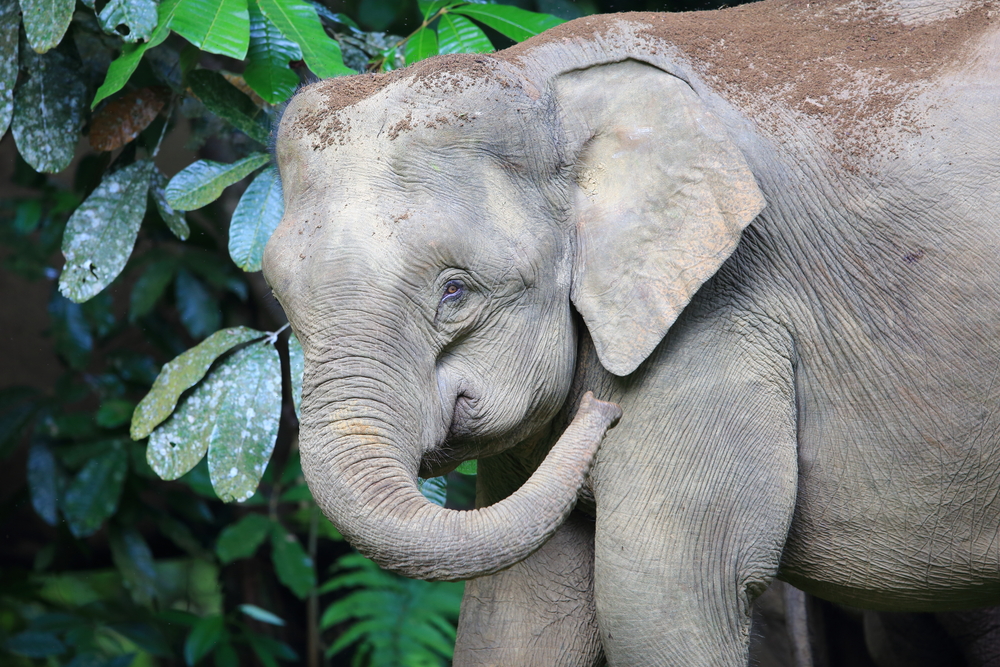
Elephants are renowned for their emotional depth and intelligence, and their rumored ability to sense death is no exception. In the wild, elephants have been observed exhibiting mourning behaviors, such as gently touching the bones or bodies of deceased herd members. They might also become quieter and more contemplative when they sense the impending death of a companion. This behavior suggests a profound understanding of life and loss, making elephants some of the most empathetic creatures on Earth.
So, what actions do elephants take when they sense death approaching? Often, they gather around the dying or deceased, standing vigil or even attempting to rouse the individual with gentle nudges. This behavior not only shows their compassion but also serves as a poignant reminder of the bonds they share within their herd. Family members and researchers are often moved by these displays, seeing them as a testament to the complex emotional world of elephants. It’s a touching example of how deeply these gentle giants connect with life and each other.
6. Rats: The Unsuspected Harbingers
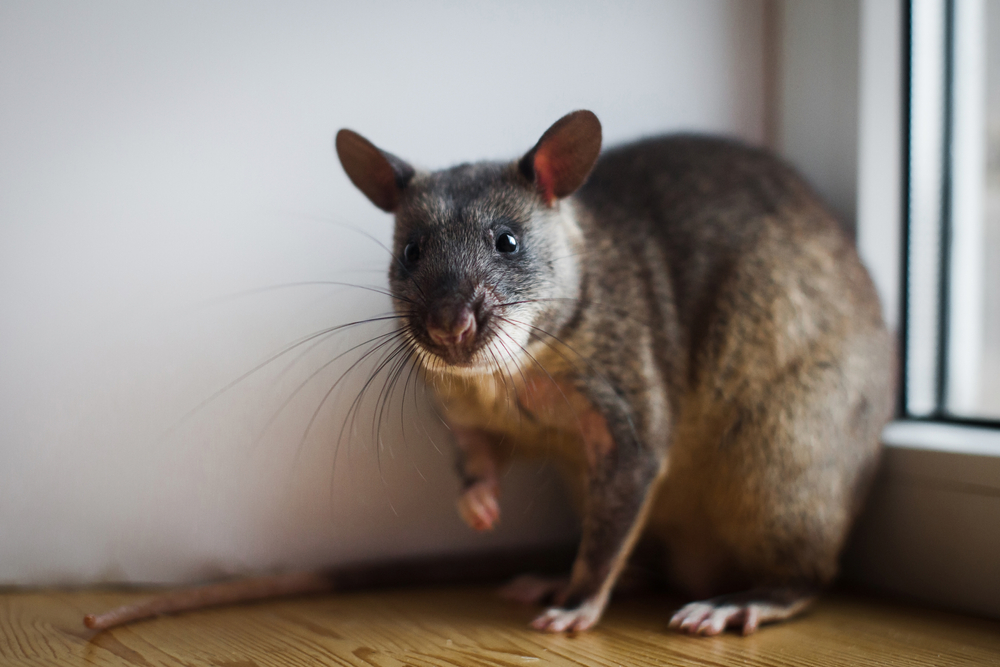
Rats, often misunderstood and underestimated, might have a surprising ability to detect death. Known for their keen sense of smell and acute awareness of their surroundings, these creatures have been observed behaving differently around dying individuals. Some studies suggest that rats can detect changes in the chemical makeup of a body as it nears death, prompting them to behave in ways that might seem strange to us. While not as warmly regarded as dogs or cats, rats have their own way of acknowledging life’s end.
What do rats do when they sense death? They might become more cautious and alert, avoiding areas where death is imminent or clustering together for comfort. Their behavior can provide insights into environmental changes and serve as a natural warning system. Though their presence isn’t always welcomed, their reactions to death can be fascinating to observe. It’s a reminder that even the smallest creatures play a part in the cycle of life and have their own unique ways of sensing and responding to it.
7. Dolphins: The Ocean’s Compassionate Guardians

With their intelligence and social nature, Dolphins have amazed many with their apparent ability to sense death. These marine animals are known for their strong social bonds and have been observed staying with sick or dying members of their pod. Some reports even suggest that dolphins will support or carry ailing companions to the surface for air, demonstrating a deep sense of care and understanding. Their behaviors hint at a compassionate awareness that’s rare in the animal kingdom.
When dolphins sense death, how do they respond? They’re often seen circling or staying close to the dying individual, offering company in their final moments. This behavior showcases their empathetic nature and strong communal ties. People who have witnessed such acts often describe them as awe-inspiring and humbling, revealing the depth of connection dolphins share with each other. Their actions remind us of the profound and beautiful relationships that exist beneath the waves.
8. Bees: The Tiny Insect Alarms
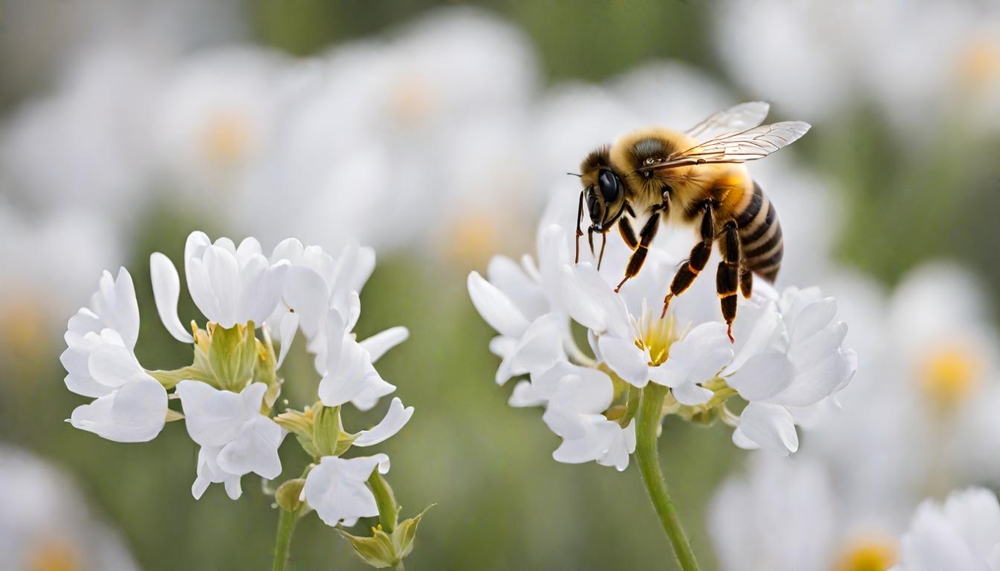
Bees might be small, but they have an impressive ability to detect death within their hives. These industrious insects are highly attuned to the health of their colony and can sense when a fellow bee has died. They respond by promptly removing the dead bee from the hive to maintain cleanliness and prevent disease. This behavior highlights their incredible sense of community and the importance of every member in maintaining the hive’s health.
But what exactly do bees do when they sense death? They’re quick to act, working together to carry away the deceased, ensuring the hive remains a thriving and healthy environment. This swift response showcases their efficient social structure and dedication to the collective well-being. While it might seem purely practical, the bees’ actions are a testament to the importance of cooperation and community care. These tiny creatures remind us that even in the insect world, life and death are interconnected in fascinating ways.
9. Snakes: The Silent Sentinels
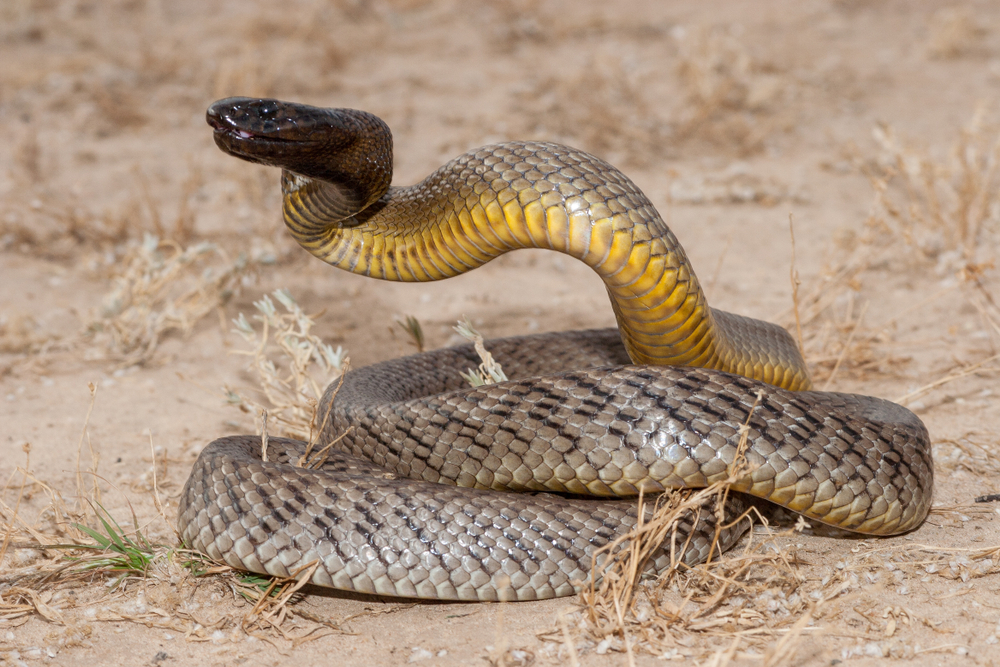
Snakes might not be the first animals that come to mind when considering those capable of sensing death, but they have their own mysterious ways. Known for their heightened sensitivity to vibrations and heat, snakes can detect changes in their environment that might indicate a nearby death. While their behavior might not be as overtly comforting as that of other animals, snakes often become more alert and cautious in response to such changes.
So, what do snakes do when they sense death? Typically, they become more vigilant, retreating to safer areas or remaining still to avoid drawing attention. Their heightened awareness serves as a survival mechanism, reflecting their adaptability and keen perception. While snakes may not offer comfort in the traditional sense, their responses to environmental shifts remind us of the complex ways animals interact with the world around them. Their silent vigilance is a reminder of the natural instincts that guide all creatures.
10. Bats: The Nocturnal Monitors
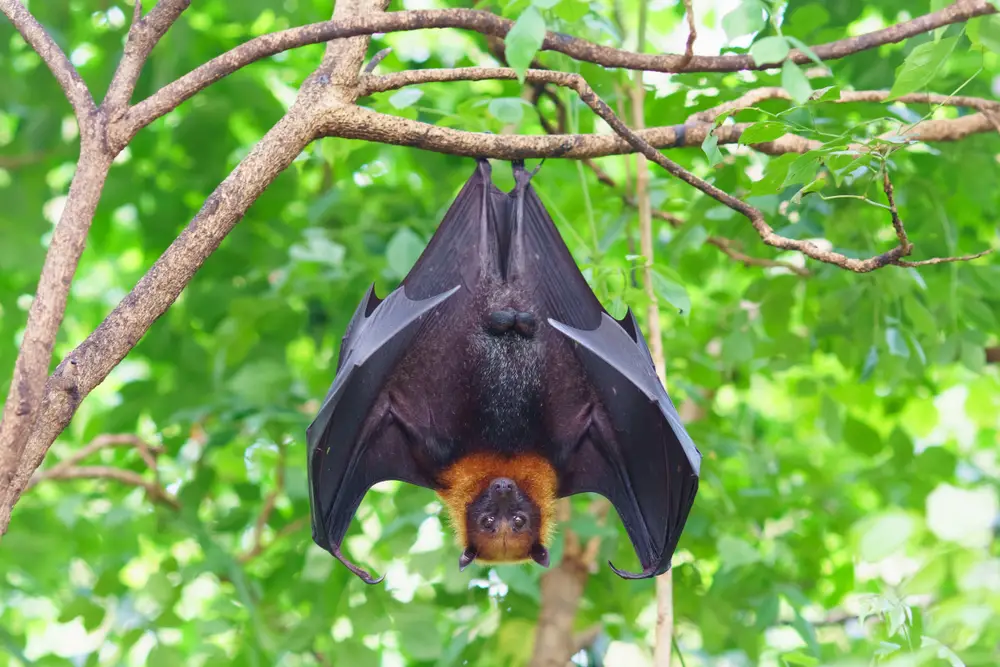
With their echolocation abilities and nocturnal habits, bats might have an unusual knack for sensing death. These creatures rely on their keen senses to navigate and survive, making them highly aware of changes in their surroundings. In some cases, bats have been observed altering their flight patterns or becoming more agitated when near dying animals. This heightened awareness suggests that they might detect subtle changes in the environment that others miss.
What actions do bats take when they sense death? Although they might not provide the same comfort as other animals, their behavior can still indicate significant changes in their territory. They may avoid certain areas or gather more frequently, signaling shifts in their ecosystem. Their responses, while subtle, highlight their role as environmental monitors, reminding us of the interconnectedness of all life forms. Bats serve as a nocturnal reminder that even in darkness, life and death are constantly at play.
11. Wolves: The Pack’s Protective Instincts
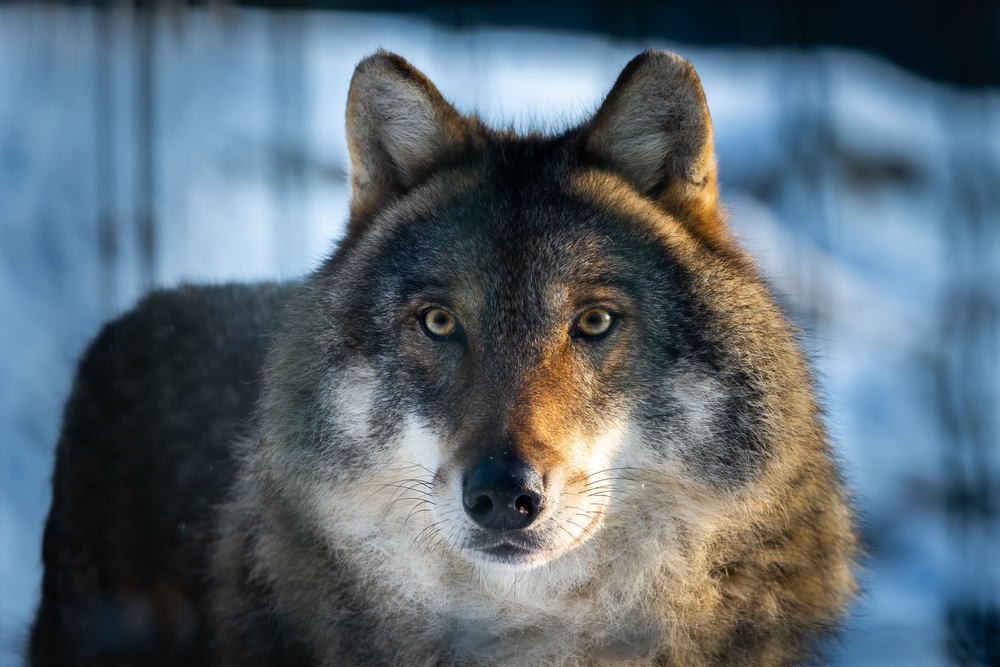
With their strong pack dynamics and intelligence, wolves are rumored to sense death within their ranks. These apex predators are known for their deep social bonds and have been observed behaving differently when a pack member is sick or dying. Wolves may become quieter, more attentive, or gather around the ailing individual, displaying a level of empathy and understanding. Their reactions suggest a profound awareness of life and death within their close-knit groups.
So, how do wolves respond when they sense death? Often, they rally around the one in distress, providing protection and companionship during vulnerable times. This behavior not only showcases their empathy but also emphasizes the importance of social structure within the pack. Observers are often moved by these displays, witnessing the depth of connection wolves share with each other. It’s a powerful reminder of the bonds that can exist even among the wildest of creatures.
12. Bears: The Solitary Sentries
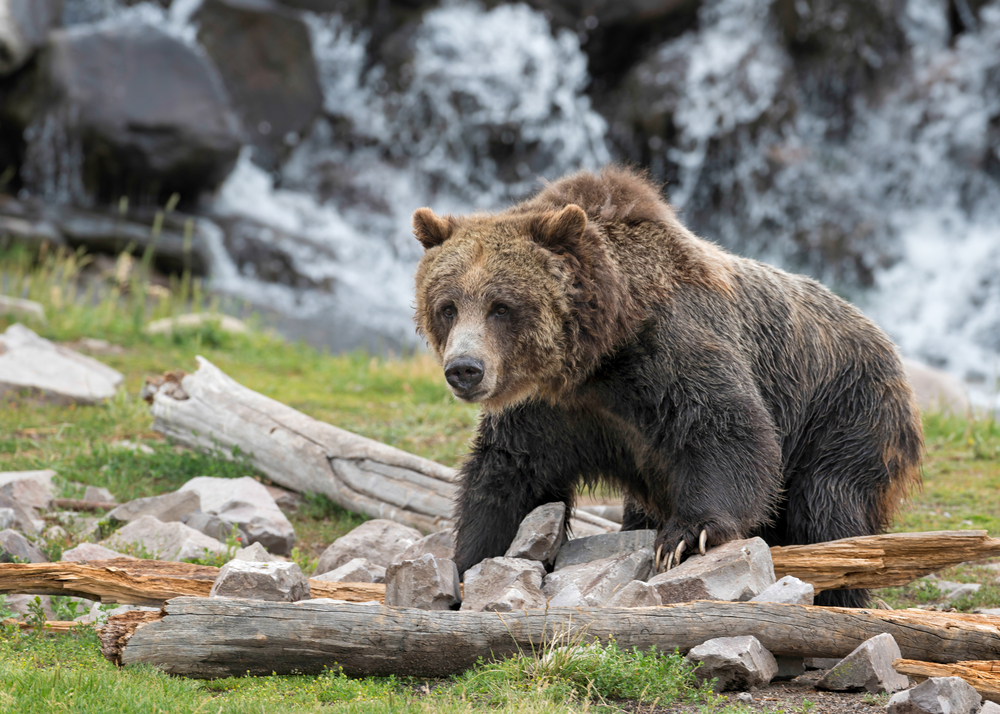
Bears, often regarded as solitary animals, might surprise you with their rumored ability to sense death. These powerful creatures have been noted to exhibit unusual behaviors around dying or deceased animals, possibly detecting changes in scent or environmental cues. While they might not be as social as other animals, bears have a keen awareness of their surroundings and can respond to death in unique ways.
What do bears do when they sense death? Their reactions can vary, but they might become more vigilant or avoid areas where death has occurred. This behavior reflects their strong survival instincts and adaptability to their environment. While bears may not offer companionship in the traditional sense, their responses to death remind us of the complex ways even solitary animals engage with the cycle of life. Their powerful presence serves as a testament to the resilience and strength found in nature’s creatures.
13. Whales: Oceanic Mourning Rituals
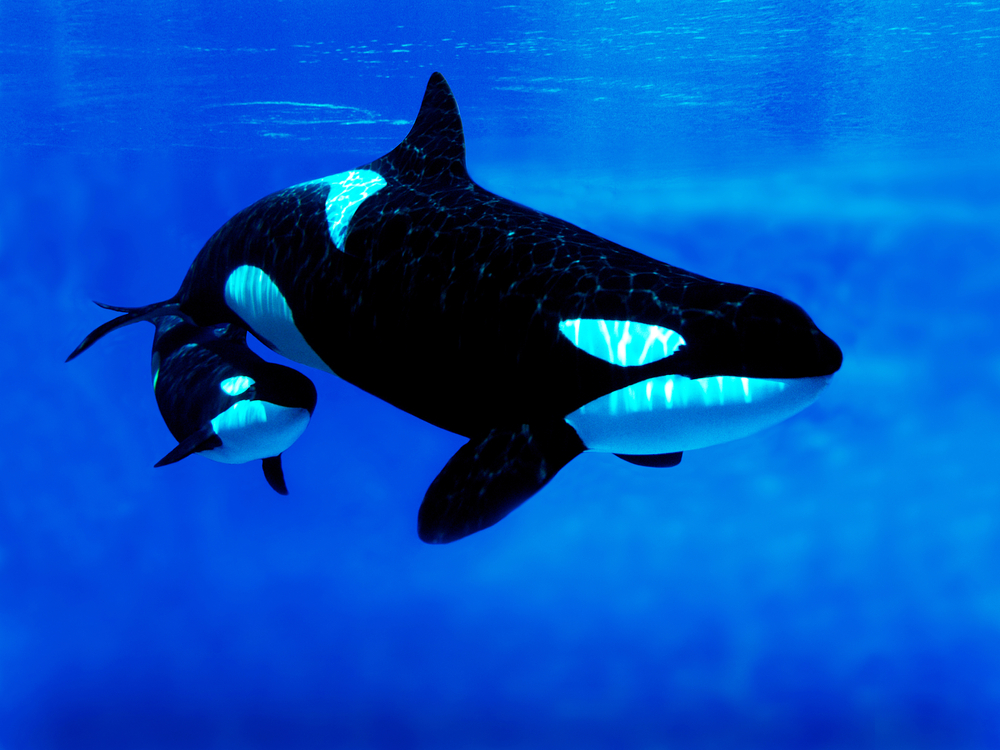
With their majestic size and intelligence, whales have been observed exhibiting behaviors that suggest they might sense death. These gentle giants have been seen staying close to sick or dying members of their pod, sometimes carrying them to the surface for air. Their actions indicate a profound sense of empathy and understanding, revealing the deep bonds they share with each other. Whales’ responses to death are often seen as some of the most moving and awe-inspiring in the animal kingdom.
How do whales respond when they sense death? They’re known to keep vigil over the dying or deceased, sometimes for extended periods. This behavior showcases their compassion and the strong social ties within their pods. People who have witnessed such acts describe them as both heartbreaking and beautiful, revealing the depth of connection whales share with each other. Their actions remind us of the enduring strength of love and community, even beneath the ocean’s surface.
14. Ravens: The Mystical Black Birds
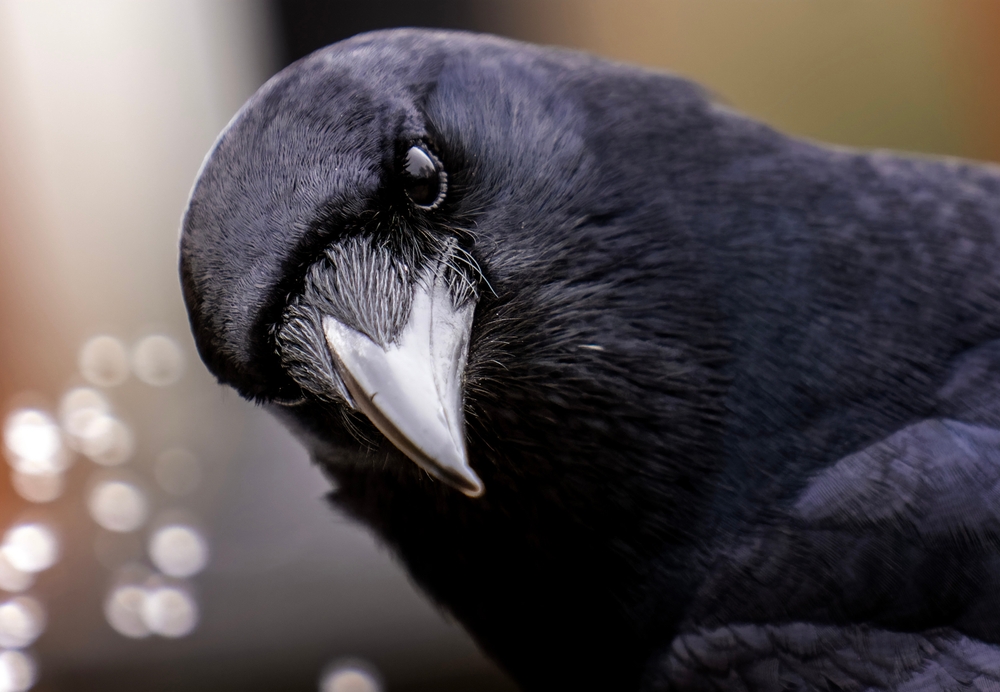
Ravens, often associated with mystery and folklore, might have a unique ability to sense death. These intelligent birds have intrigued many with their complex social behaviors and problem-solving skills. In some cultures, ravens are seen as omens or messengers, their presence hinting at significant changes or events. Observations of ravens gathering or behaving differently around dying animals suggest they might have an awareness of impending death.
What do ravens do when they sense death? They may gather in larger groups, vocalizing or displaying behaviors that indicate something significant is happening. Their actions can serve as a natural warning system, alerting other animals to changes in their environment. This behavior highlights their intelligence and adaptability, reminding us of the intricate ways animals interact with the world around them. Ravens serve as a reminder of the mysterious and often inexplicable connections between life and death.
15. Owls: The Silent Watchers
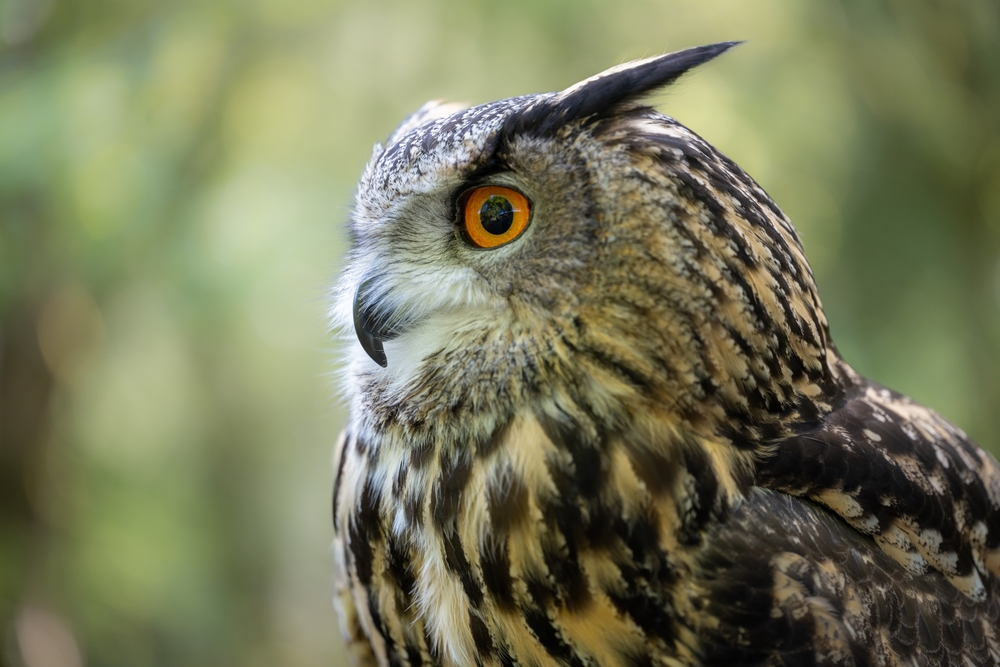
With their enigmatic presence and nocturnal habits, owls might possess a quiet ability to sense death. These solitary birds of prey are known for their keen senses and ability to detect even the slightest changes in their environment. Some people have reported owls appearing or behaving differently when someone is nearing death, their presence seen as a harbinger of change. While their actions might not be as comforting as those of other animals, owls’ responses offer a fascinating glimpse into their awareness.
How do owls respond when they sense death? Typically, they maintain their vigilant watch, seeming to observe the unfolding events with a solemn presence. Their behavior can serve as a reminder of the natural cycles of life and death, grounded in the rhythms of the night. Owls’ silent observation and calm demeanor highlight their role as the keepers of wisdom and mystery in the natural world. Their presence serves as a quiet reminder of the interconnectedness of all living things.
